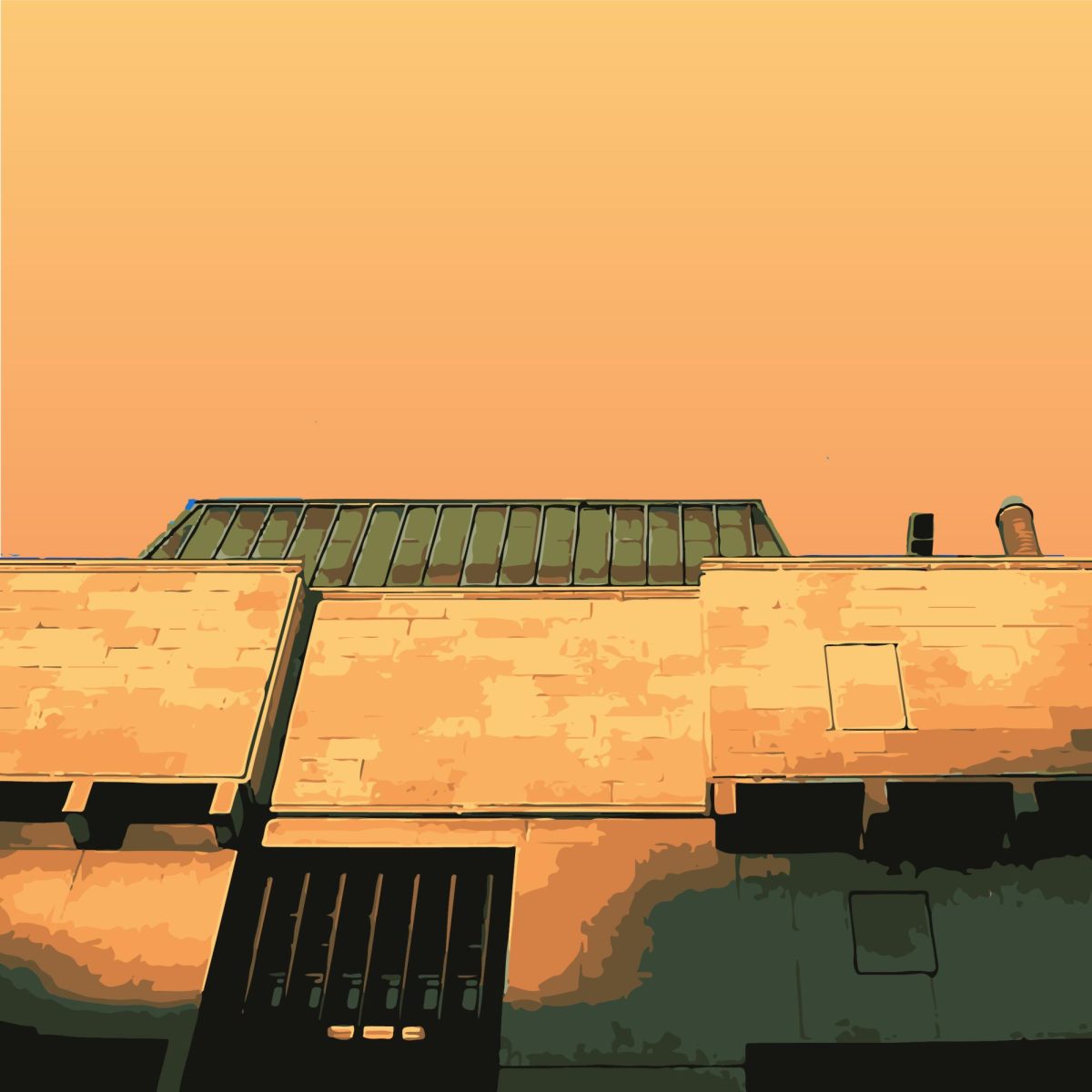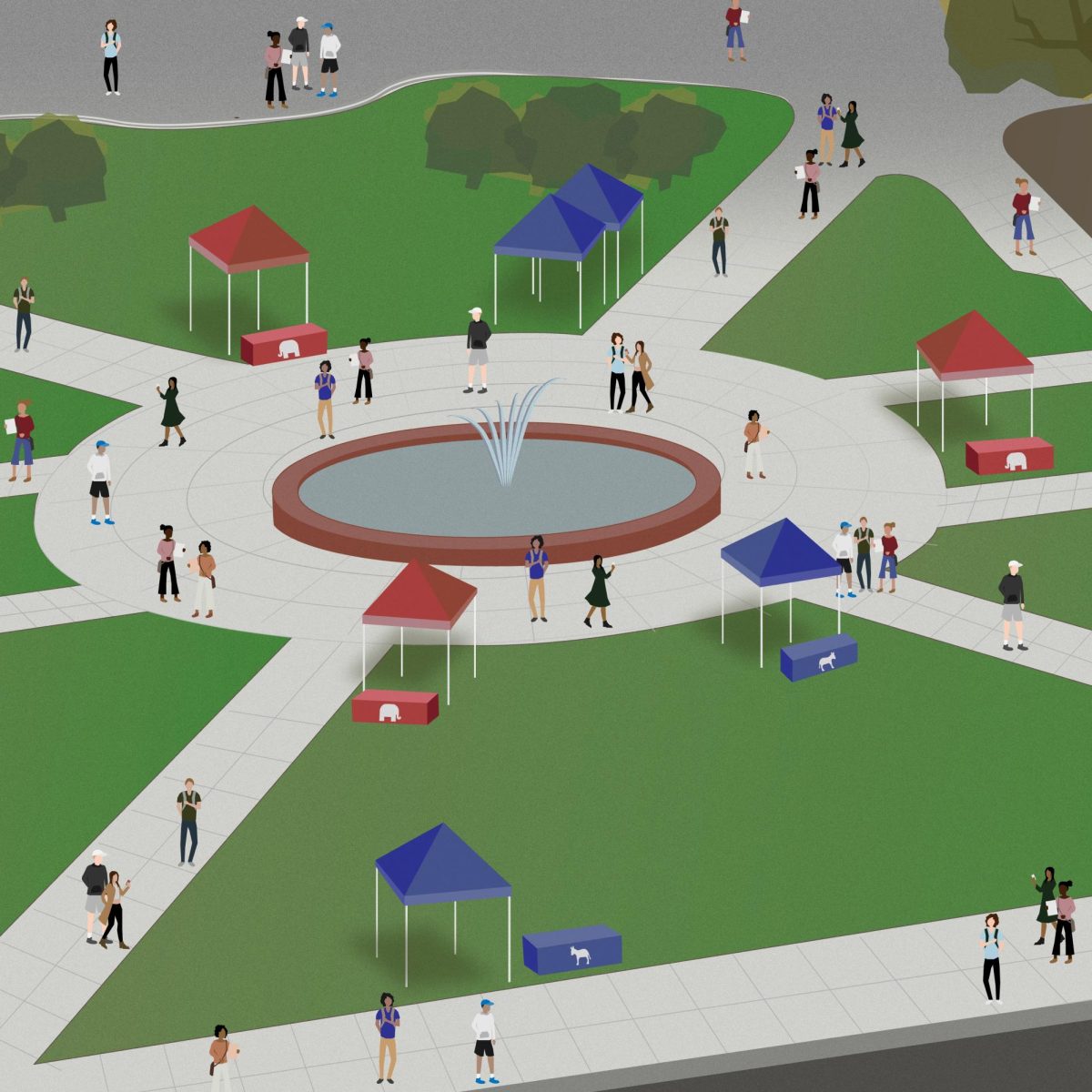With thousands of people convening at the Capitol in response to Gov. Scott Walker’s budget repair bill, legal questions abound about protesting and the actions of officials. Police have torn down signs. Senate Democrats have taken refuge across the state border. What is and isn’t allowed under state and local laws?
Q: What types of behavior are grounds for arrest?
The rule of thumb at a protest is to avoid doing anything illegal, such as threatening other people, being violent, destroying public property, ignoring police orders and committing acts of civil disobedience, American Civil Liberties Union of Wisconsin spokesperson Stacy Harbaugh said. Blocking traffic is also illegal.
For example, engaging in a sit-in, such as blocking the Senate doors, would be an act of civil disobedience, meaning people are breaking the law to prove a point, Harbaugh said.
“In those cases … it’s the duty of law enforcement to give protesters a fair warning about what is going to happen and give protesters the opportunity to make a decision whether they want to leave the scene or not,” she said. “Then if they stay they know they could be subject to arrest or citation.”
Q: What should I do if I get arrested?
Should an arrest be made, Harbaugh said protesters should know that anything they say to a police officer, even something said before the officer has read them their Miranda rights, can be held against them in a court of law.
Those under arrest also have the right to request an attorney, she added.
Another thing protesters should do is pay attention to what is going on around them. Harbaugh said people who witness an arrest should take notes or photos if they think there is something unusual about the arrest.
Q: What items are allowed inside the Capitol?
The only standing restriction against protesters is that they can’t bring signs with sticks into the Capitol. Madison Police Department spokesperson Joel DeSpain said officers are asking people to leave those signs outside.
Though at least one tear-down session by police has been reported, those attending the protest are allowed to tape signs up in the Capitol, provided they use blue painter’s tape. Other varieties have the potential to harm marble and other materials that make up the building’s structure.
Officials have also asked people to refrain from bringing helium balloons inside, as some have been releasing them to float up to the top of the Capitol dome.
Consumption of regulated substances like alcohol and drugs is still banned.
Q: Can I be inside the Capitol at night?
The Capitol is usually open from 8:00 a.m. to 6:00 p.m. on weekdays, from 8:00 to 4:00 p.m. on weekends and beyond 6:00 p.m. if the State Legislature or committees are in session, Capitol Police spokesperson Jodi Jensen said.
However, as many protesters already know, officials allowed protesters to stay in the Capitol past closing times.
“This policy has not been enforced during the last week in order to allow Wisconsinites to conduct their business,” Jensen said.
Late at night, entry is limited to the Martin Luther King Street side of the building. Police have asked overnighters to refrain from sleeping on the 4th and 5th floors.
Q: Can officials close meetings to the public?
Even though meetings are supposed to be open to the public, University of Wisconsin political science professor Donald Downs said officials may close a meeting if major disruptions prevent business from being conducted.
The First Amendment does not give citizens a right to obstruct lawful activities, Downs said.
Similarly, he said if protesters near the meeting room are disrupting the meeting, officers can remove them. That does not apply, however, to all areas inside the Capitol – only areas near the meeting room.
Q: Is it legal for members of the Legislature to skip town?
People may think legislators are violating the law because the sergeant-at-arms has the authority to find lawmakers, but the Senate Democrats are not in violation of any laws, said UW political science professor Dennis Dresang.
“It’s something that is indeed an option for them, to not show up and thereby deprive the state Senate of a quorum,” he said.
Should the stand-off continue, Dresang said nothing will happen until the Democrats decide to return to Wisconsin.
“Without a quorum, they can’t deliberate,” he said.
Q: Will teaching assistants be punished by UW for not holding class or holding class off-campus?
Spokesperson for UW’s Teaching Assistant’s Association Peter Rickman said an employer always has the right to discipline employees as seen fit, but answer is not clear cut.
If members of the union feel their rights are being violated, essentially both sides have to come to the table, Rickman said.
“We’ve established a democratic, objective procedure to deal with it,” he said. “It’s not black-and-white, and that’s one of the virtues of having collective bargaining is that we can sort it out.”


















